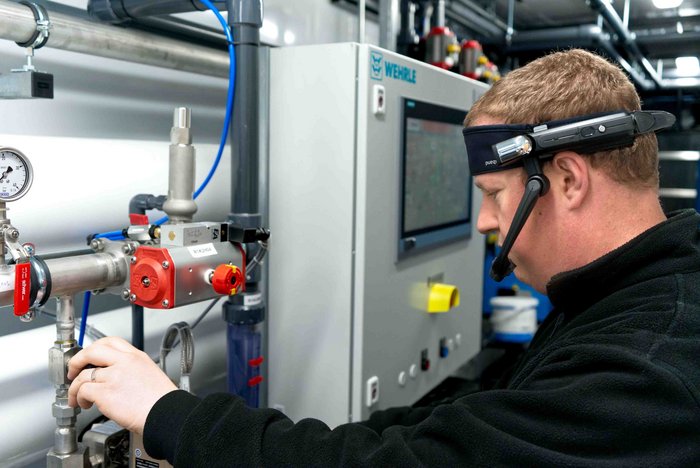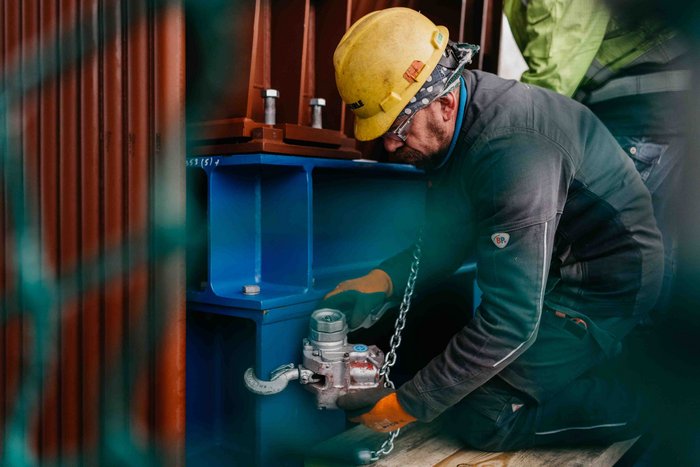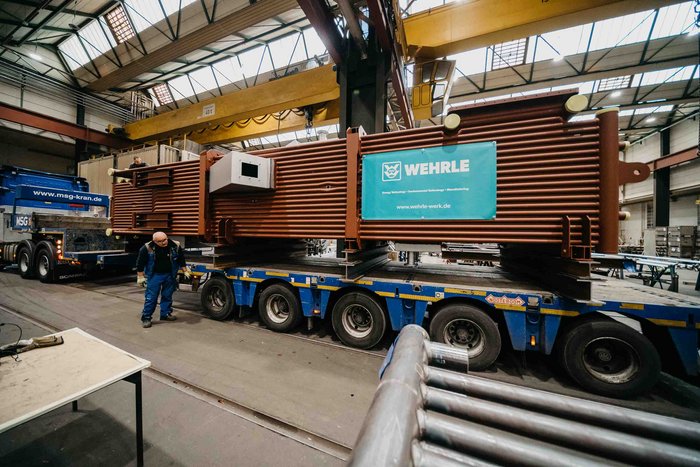Services at a glance
We are your sparring partner for plant services
Reliable system technology requires trustworthy service before, during and after the construction of the system in order to deliver successful performance over the long term.
Together with our customers from the wastewater and waste industry, we put together individually tailored service packages. With professionally managed system operation, rapid deployment of rental systems, and all-round advice from feasibility analyses to upgrading existing systems, we provide our customers in the wastewater industry with advice. In the area of thermal recycling, we support our customers from project planning through to system optimization, with boiler and grate revisions as well as the rapid delivery of spare parts through our in-house large parts production.

Services for wastewater treatment plants
Individual services to safeguard your plant operation
We work with our customers to develop a tailor-made treatment concept for every task. From reliably and professionally managed system operation to the use of rental systems available at short notice through to individual evaluation and dimensioning of the system technology, we support our customers before, during and after system operation.

Boiler and grate service
Services relating to waste recycling plants
We increase the economic efficiency and extend the service life of the thermal utilization plants through professional and reliable boiler and grate revisions. Our customers find support in the realization of new projects and the implementation of optimization measures. With our in-house production of large parts, we guarantee the rapid delivery of spare parts as well as direct quality assurance of the components used.

Large parts processing and component production
Mechanical processing, welded constructions and surface treatments
We are manufacturing service providers in heavy engineering. With the production of individual large components and large components in small series, we support our customers as an extended workbench in boiler, mechanical and plant engineering on 30,000 m² of work space. The diversity of expertise, from welded construction to mechanical component processing and surface treatment, enables the precise processing of components weighing up to 40 tons.
You might also be interested in
Get to know our product solutions for wastewater and waste challenges!
Product portfolio
Find out more about our projects implemented worldwide!
Solutions
The most important success factor for our company is our employees.